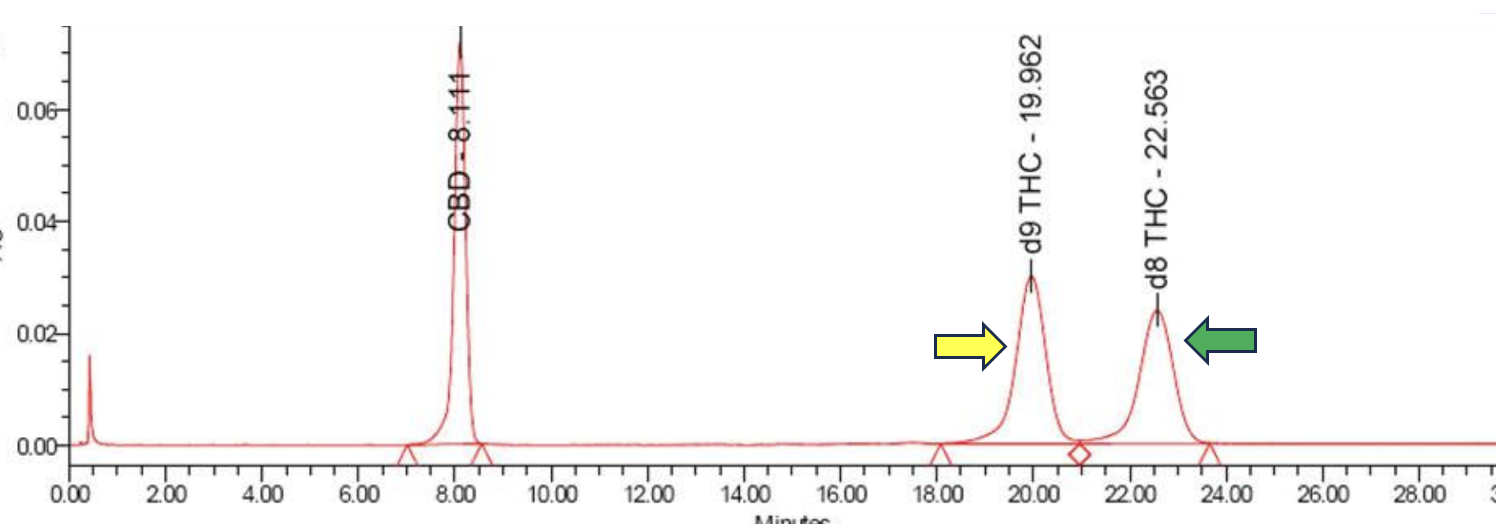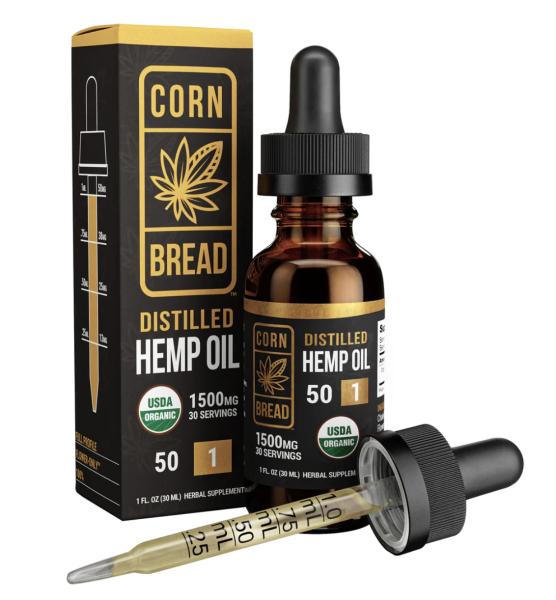The decriminalization of Hemp has served to emphasize the twisted relationship among drug use, law enforcement (e.g., impaired driving), and also employment. While there are countless examples of the disconnect between logic and law, perhaps none stand out more than the evolving impaired driving policies in Kansas.
Kansas state troopers are now using a rapid screen (called the SoToxa) that measures six classes of drugs, supposedly to help determine if a driver is impaired by drugs. But these screens are not only designed to detect illegal drugs; three of the classes consist of legal, commonly used prescription drugs, for example, psychostimulants and benzodiazepines like Adderall and Xanax, respectively.
So anyone who is following their physician's orders and taking these drugs will always "light up" the screen. Worse still, the test, which is not (yet) used in court, cannot determine the amount of drug consumed, the degree of impairment, or even when the drug was ingested. Any attempt to codify these new screens will absolutely guarantee that new laws will necessarily be devoid of sound science.
Marijuana, which is also part of the SoToxa screening panel, complicates matters further. Its active component, THC, has a long and variable half-life, which ranges from 1.3 days for infrequent users to 5-13 days for frequent users. But the problems in measuring marijuana in the body are actually much worse. One half-life is defined as the amount of time for half of a drug to be cleared. After 5 half-lives, roughly 2% of the drug remains, so it is possible that some THC might be present 1-2 months after consumption, albeit at levels that may be neither meaningful nor detectable. THC metabolites can also be used as proof of use; they stick around for quite a while as well. (1)
A 1992 paper by Cone, et. al., reported:
After smoking a cigarette containing 16-34 mg of ▵9-THC, THC-COOH [a oxidative metabolite] is detectable in plasma for 2-7 days
Although the numbers may be inconsistent, what is clear is that THC (or one of its metabolites) is detectable in your body long after any effect from the drug is gone. These tests are a bit like using a psychic to predict the past.
Jobs in jeopardy for no reason
It should be clear by now the mere detection of a THC can have nothing whatsoever to do with a person's driving ability, but what about people who consume CBD (cannabidiol) oil, a legal, widely-sold product that is used as a dietary supplement to treat a variety of conditions (with little or no evidence). CBD does not provide the "high" of THC, so there should be no reason for its use to be in any way linked to unsafe driving or the inability to perform jobs safely.
Yet, people who may want to use it are still afraid that CBD will make them test positive for THC. And not without reason. Here's a partial list of occupations where a positive test for THC could threaten your employment:
- Truck driver
- Police
- Healthcare worker
- Machine operators
- Federal employees
- Train engineer
Will CBD cause a positive THC test?
There are two plausible ways that the consumption of CBD could trigger a positive THC test: 1) If CBD is converted into THC – like it is in the plant – in your body, and 2) If THC is already present in the CBD.
- Can CBD be converted to THC in the body?
Yes, it can. Merrick, et. al., investigated the psychotropic products of CBD after it was exposed to simulated gastric fluid (SGF). Using ultraperformance liquid chromatography (UPLC) and two detection methods the following graph showed the composition of the mixture of CBD and SGF after 75 minutes (Figure 1).

Figure 1: Upon exposure to simulated gastric fluid (SGF) CBD is converted into both delta-9-THC (yellow arrow) and delta-8-THC (green arrow) after 75 minutes. Source: "Identification of Psychoactive Degradants of Cannabidiol in Simulated Gastric and Physiological Fluid." Merrick, et. al., Cannabis and Cannabinoid Research Volume 1.1, 2016 DOI: 10.1089/can.2015.0004 (peer-reviewed)
- Is THC already present in CBD oil?
Yes, but the amount of THC present varies widely. Here are two random samples that demonstrate this (Figure 2).

Figure 2. (Left) CBD Lime Tonic contains plenty of THC (yellow arrows). Credit: SiELC. (Right) HPLC-UV chromatogram of a CBD-rich cannabis sample has very little. Credit: International Journal of Legal Medicine 133(5), May 2019 doi:10.1007/s00414-018-01994-y
Now what?
It's reasonable to assume that anyone who uses CBD oil will have some amount of THC in their system. Enough to cause impairment? Unlikely. Enough to fail a test? Who knows? Although there is a general assumption that a blood concentration of 5 ng/mL somehow correlates with impairment. DeGregorio writing in Scientific Reports discounts that assumption:
Analyzing blood from 30 subjects showed ∆9-THC concentrations that exceeded 5 ng/mL in 16 of the 30 subjects following a 12-h period of abstinence in the absence of any impairment... suggesting that single measurements of ∆9-THC in breath, as in blood, are not related to impairment.
Does the amount measured in a test matter? Who knows? Much like Paracelsus' groundbreaking adage – "the dose makes the poison" – became the basis of modern toxicology "the dose makes the impairment" applies here. Unfortunately for truck drivers, teachers, healthcare workers, etc., the dose of THC leading to impairment is only a guess and may never be known. And for CBD users, it is virtually guaranteed that consuming the product will result in some THC exposure, whether from the CBD itself, the chemical conversion in the stomach when taken orally, or both.
The analytical methods used to detect potential drugs of abuse have become very powerful; minute traces of drugs, probably pharmacologically irrelevant, may register as a positive result, even though this result in no way reflects on an individual's ability to drive, fly, or perform a job. This is where "yes-no tests" are worse than none at all; they give false positives that can ruin lives, something that the decriminalization of marijuana was supposed to prevent.
Until rigorous scientific standards for impairment are established, drug tests will mostly likely be misused or abused to pin a black mark on people who have done nothing wrong, like trying CBD oil – a product that was supposed to prevent users from running afoul of the law and/or their employers.
NOTE:
(1) THC is highly lipophilic (fat-soluble). Lipophilic chemicals tend to remain in the body longer because they are stored in fatty tissues.




